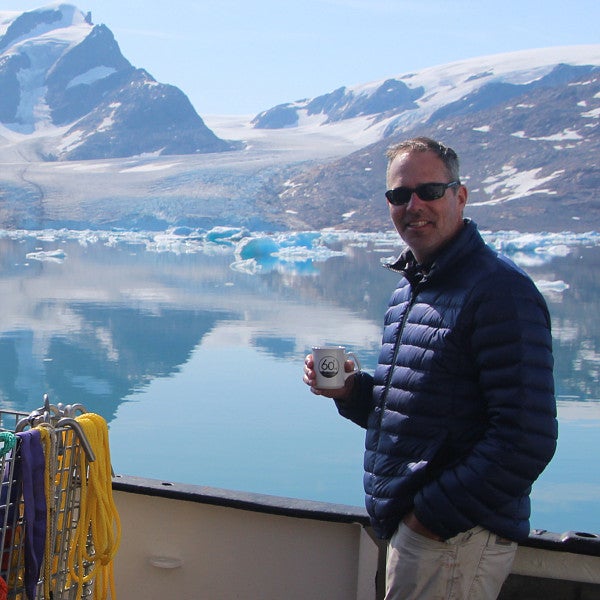In a world being rapidly remade by accelerating environmental change, exploding cities, instant global communications, shifting geopolitical relationships, and growing socio-economic inequalities, geography’s research focus on the organization and character of Earth’s surface, the reciprocal relationship between the human and natural environment, and the nature of places and regions could not be more relevant or important. Our research areas are geographically diverse (e.g., the U.S., Myanmar, China, Kenya, Borneo, Brazil, Indonesia.) though we aim to be disciplinarily cutting-edge rather than geographically comprehensive. We are truly interdisciplinary in our teaching and research, and we are the leading department in the university for bridging the social, natural, and data sciences.
Interdisciplinary Research Initiatives
Interdisciplinary Faculty Research

Mark Carey, Geography and Environmental Studies
Global Changes, Local Impacts: Study of Glacial Fjords, Ecosystems and Communities In Greenland
One of Mark Carey's current multidisciplinary projects focuses on the study of glacial fjords and local communities in Greenland. The goal is to understand how forces like glacier retreat and ocean warming intersect with various societal changes in the Arctic, such as shifting economies, decolonization of Greenland, fishing practices, tourism, and infrastructure construction. Funded by the National Science Foundation, this research involves an interdisciplinary team—from geographers and glaciologists to oceanographers and fisheries biologists. It also includes 3 graduate students and 3 undergraduates in Carey's Glacier Lab, who study the human geography of glacial fjord systems. The project coincides with one of Carey's long-term teaching initiatives on "Arctic Ice in Science, Policy, and the Imagination," funded by a UO Williams Council Instructional Grant, which involves a Spring 2023 ENVS 400M course co-taught with oceanographer Dave Sutherland (Earth Sciences and Oceans & Ice Lab) and literature professor Casey Shoop (Clark Honors College and the Glacier Lab).

Carolyn Fish, Geography & Spatial Data Science
Climate Change Communication in Maps
My research is focused on the design of maps to communicate climate change. Maps are one of the primary ways in which scientists and the media both communicate climate change, albeit with different audiences. These visual devices are central to understanding the science and impacts of climate change as well as the potential mitigation strategies. I use both quantitative and qualitative methods of data collection and analysis to understand map design decisions and how we can improve maps about climate change that better connect with our emotions and change attitudes.

